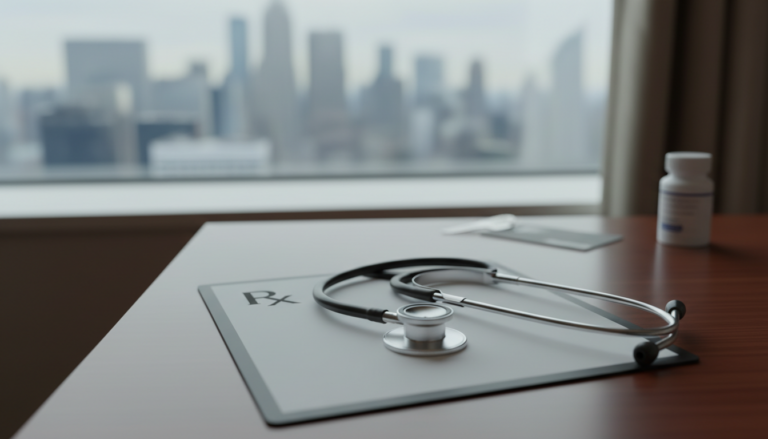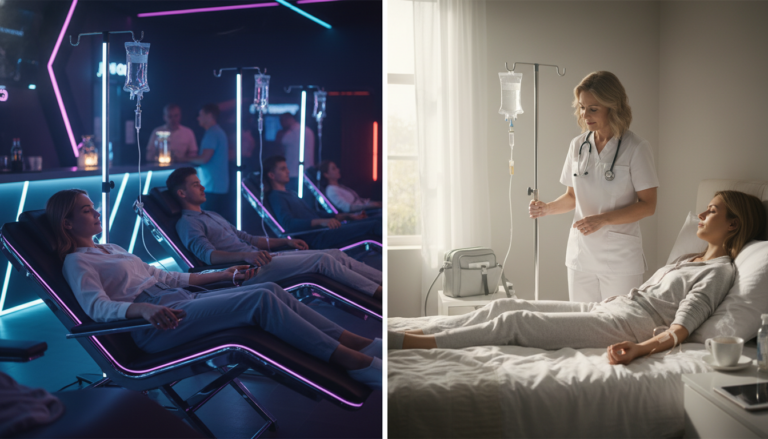In the modern world, healthcare delivery is undergoing a significant revolution. The change being brought about is spearheaded by innovative methods that are at the forefront of this transformation. These methods are reshaping patient care by offering solutions that are not just efficient and convenient, but also highly personalized.
House Calls
At the heart of these innovative practices is the re-emergence of an age-old practice: house calls. Medical house call providers, such as Sickday, are pioneering this transition. They dispatch medical professionals to patients’ homes, delivering a level of care that, in many cases, surpasses the traditional clinic visits in terms of personalization and comfort.
The house call method is particularly advantageous for individuals dealing with mobility issues, chronic diseases, or those who simply prefer the homely comfort and convenience of receiving care. The familiarity of home surroundings often translates into decreased anxiety for patients, and the one-on-one attention allows for a higher degree of personalized care.
Telemedicine
Of course, the realm of innovative healthcare delivery extends beyond house calls. Telemedicine has emerged as another groundbreaking method, making healthcare more accessible and convenient than ever before. This approach involves the use of digital platforms for consultations, diagnoses, and even treatments.
While Sickday is not exclusively a telemedicine provider and maintains its primary focus on house calls, it does offer telemedicine services. For patients who may not require a house call but still want to bypass the inconvenience of clinic visits, telemedicine proves to be an excellent alternative.
Remote Patient Monitoring
Stepping beyond the spheres of house calls and telemedicine, remote patient monitoring is another innovative method that is transforming healthcare delivery. This method involves using digital tools to monitor a patient’s health remotely, a significant boon in the age of connected devices and the Internet of Things.
Patients can employ devices to track vital signs and other health indicators, while healthcare providers can monitor these readings to provide feedback and adjust treatment plans as necessary. This proactive approach can help detect potential health issues early, allowing for timely intervention and improved patient outcomes.
Mobile Health Clinics
Adding to the list of innovative healthcare delivery methods are mobile health clinics. These are essentially clinics on wheels, providing a range of medical services in locations where access to traditional healthcare facilities may be restricted or non-existent.
Mobile health clinics increase accessibility and can help ensure that more people receive the care they need, regardless of geographical limitations. They are particularly beneficial in rural or remote areas, underserved urban neighborhoods, and during times of crisis or natural disasters when regular healthcare facilities may be inaccessible.
In conclusion, these innovative methods are revolutionizing the way we perceive and experience healthcare. By placing patient comfort, convenience, and accessibility at the forefront, they are paving the way for a more patient-centered approach to healthcare delivery.

